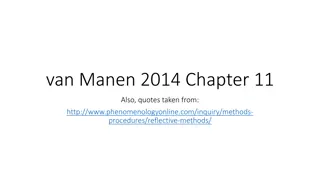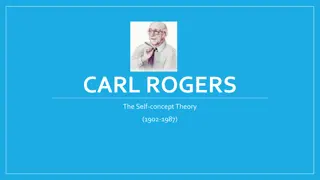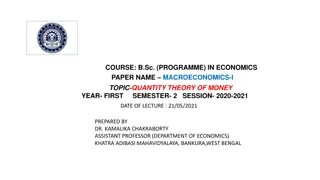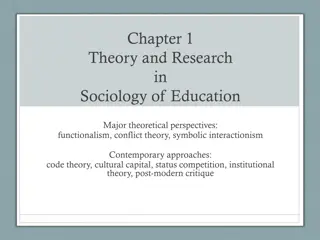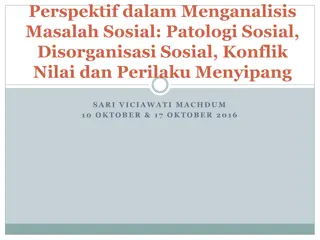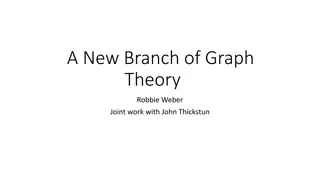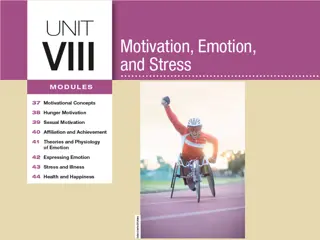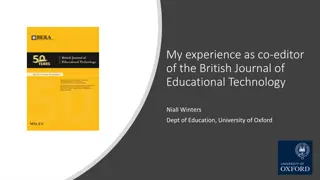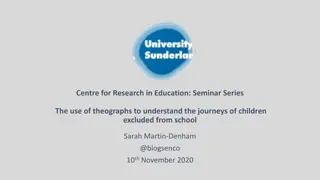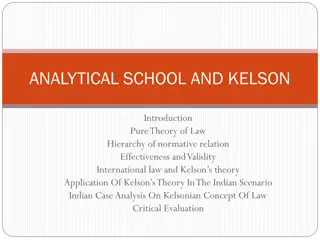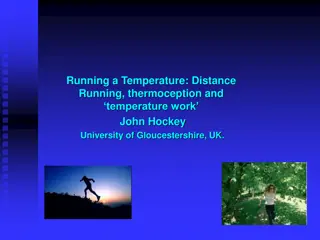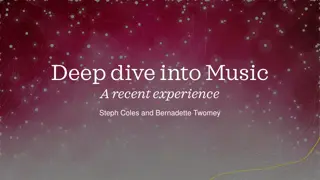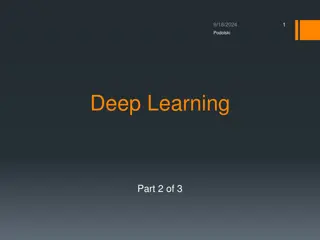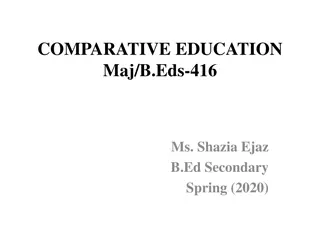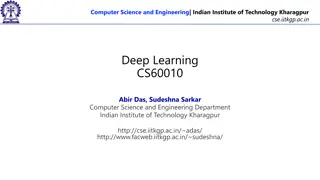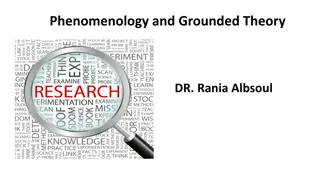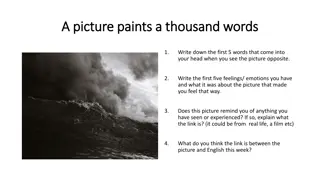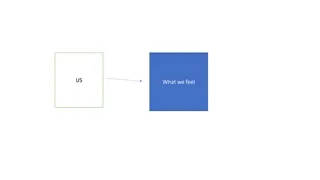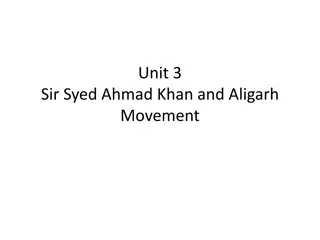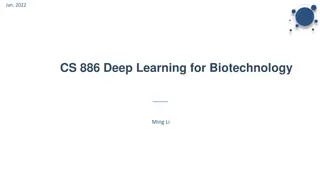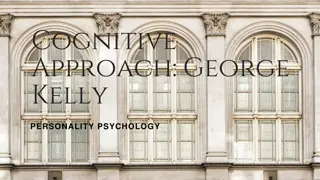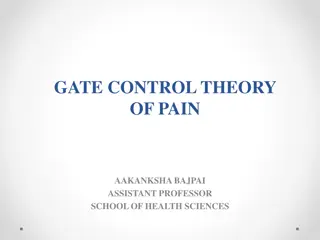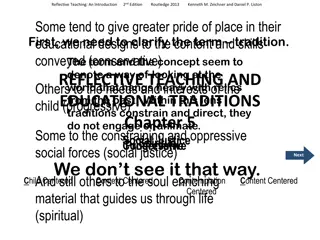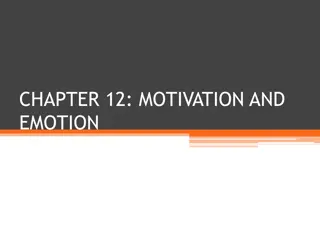The Role of Theory in Educational Technology: A Deep Dive into Phenomenological Perspectives
Dr. Sarah Younie discusses how theories shape our observations in technology and education, exploring epistemological perspectives and the importance of theory in pedagogic practices. A case study on teachers' integration of technology highlights the significance of theory in understanding phenomena under investigation.
Uploaded on Sep 10, 2024 | 3 Views
Download Presentation

Please find below an Image/Link to download the presentation.
The content on the website is provided AS IS for your information and personal use only. It may not be sold, licensed, or shared on other websites without obtaining consent from the author. Download presentation by click this link. If you encounter any issues during the download, it is possible that the publisher has removed the file from their server.
E N D
Presentation Transcript
Theorising Technology and Education Dr Sarah Younie, Professor of Education Innovation, at the Institute for Education Futures, De Montfort University Editor-in-chief Technology, Pedagogy and Education.
It is the theory that decides what we can observe - Albert Einstein Theories establish a language and discourse - whereby we can discuss, agree/disagree and build new perspectives and new ways to become knowledgeable Brent Wilson in Thoughts on Theory in Educational Technology (1997:23) writes, theory helps us formulate ideas; it forms the creative process. When we see the world differently, we act to make things different by the relationship between theory and technology. Such relationships allow for new technology or conversely, a new technology spawns new theory.
Epistemological perspectives Epistemological perspectives: x2 objectivism: knowledge is absolute and matches reality constructivism: knowledge is created to fit with reality Constructivist epistemologies hold that knowledge is essentially subjective in nature, constructed from our perceptions and usually agreed-upon conventions. According to this view, we construct new knowledge rather than simply acquire it via memorisation or through transmission of those who know how to those who do not. (Bates and Poole, 2003:28)
Case study: context - longitudinal research Research investigation into how teachers engage with education technology such that new pedagogic practice is developed MULITPLE CASE STUDY x 12 SITES Over 100 teachers (x 116) How teachers create meaning ? how and why - come to integrate technology into professional pedagogic practice -why AND why not ? Where Theory Comes In = lens to explain phenomena under investigation Phenomenological paradigm
Theorising phenomena under investigation Krause (2016) applying existing concepts to new observations; CoP concepts as lens/framework for understanding teachers practices Situated cognition & distributed cognition teachers uses of technology for pedagogic purposes = explained the HOW & WHY Krause (2016) developing new concepts in dialogue with observations and previous concepts; Swedberg (2012) - theorising is distinctive to theory Theorising is the process about discovery Theorising is a personal undertaking, which draws on own resources,ideas & expc experiences Theorising can take many different forms but is more intuitive, less procedural Critical in theorising is observation by which Swedberg means concentrating on a phenomenon, staying with it; and trying to understand it
Difficulties the theory posed Difficulties the theory posed CoP Lave & Wenger (1998) failed to account for online communities of practice Lave & Wenger (ibid) theory was for in-situ communities, not distributed communities Social constructivism failed to account for teachers creating new knowledge/pedagogic practices with technology, as peers - rather than more knowledgeable other (Vygotsky 1978, ZPD)
Where there is collaborative endeavour, and teachers learn together, from and for each other = communal constructivism Query - could this be a new theory?
Theory and knowledge communities Theory and knowledge communities knowledge communities scholarly / expert groups associated with a particular field/discipline knowledge creation is a deliberate process of advancing the frontiers in a particular discipline knowledge is viewed as constructed through informed dialogue and conversations conducted members of a knowledge community theories existing context theories change and improve over time knowledge in a field does more than accumulate, it advances (Kuhn, 1970 - scientific communities and the structure of scientific revolutions / paradigms shifts)


